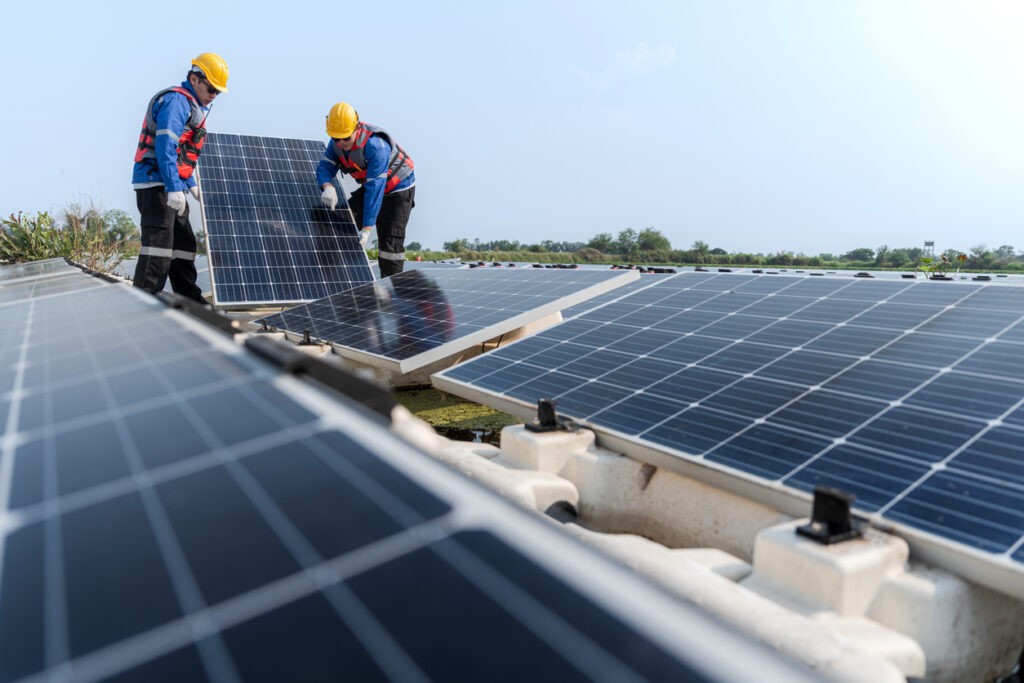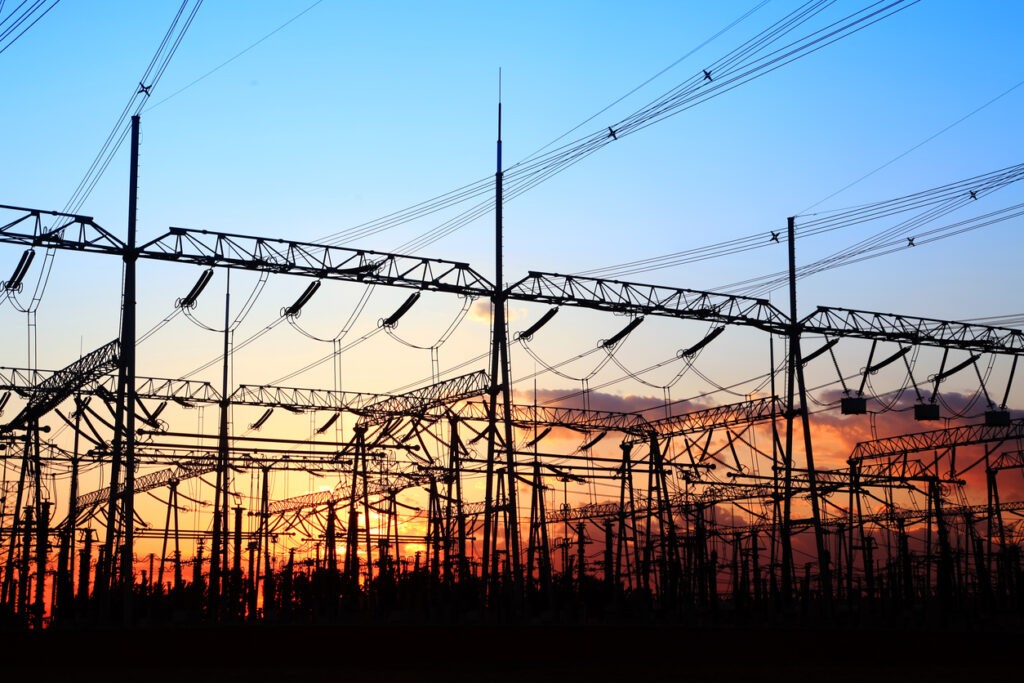Viewing results 1 - 6 of 3
Tajikistan has secured the top position among Central Asian countries in the World Economic Forum’s (WEF) annual Energy Transition Index (ETI). Ranking 71st out of 120 nations, Tajikistan achieved a score of 53.6. This performance places Tajikistan ahead of its regional neighbors, including Kyrgyzstan, which ranked 80th with a score of 52.7, and Kazakhstan, which came in 98th with 50.1. Uzbekistan and Turkmenistan were not included in the ranking. The ETI evaluates global energy systems based on two primary criteria: Energy system efficiency (60% weighting); and readiness for a sustainable energy transition (40% weighting). Key factors influencing scores include energy affordability, sustainability, innovation, infrastructure, policy support, and investment activity. While Tajikistan’s score of 53.6 was slightly below the global average of 56.5, it outperformed many other nations in Central Asia. Globally, Northern European countries dominated the rankings. Sweden led the index with 78.4 points, followed by Denmark (75.2) and Finland (74.5). Among the Commonwealth of Independent States (CIS) and Caspian countries, Azerbaijan ranked highest, securing 38th place with a score of 60.3. The Times of Central Asia previously reported on Tajikistan’s decision to rejoin Central Asia’s unified energy system. Originally established in 1960, the system interconnected the power networks of Uzbekistan, southern Kyrgyzstan, northern Tajikistan, and southern Kazakhstan’s Shymkent region. These systems were linked by 110- and 220-kilovolt power lines and operated independently of the Soviet Union’s central energy network. Tajikistan’s leadership in the Energy Transition Index reflects its ongoing commitment to energy sustainability and regional collaboration.
Afghanistan is on track to increase its electricity imports from Turkmenistan significantly. According to a spokesman from Afghanistan's Ministry of Energy and Water, Matiullah Abid, the 500-kilovolt Arghandi substation is expected to be completed in the next two months. Once the substation is completed, this project and other lines will allow Afghanistan to import up to 1,000 megawatts of electricity from Turkmenistan, alleviating the country’s chronic electricity shortage. Abid emphasized the rapid progress being made on the construction. Once the building phase is finished, electrical equipment installation will begin. According to the Afghan publication TOLOnews, the total cost of this project is $183 million, and it will be completed within two years. Afghanistan's acting Minister of Energy and Water, Abdul Latif Mansoor, stated that officials from the company investing in the Arghandi substation project emphasized that creating investment facilities is crucial for increasing the country's energy production capacity. In January of this year, the electricity company “Da Afghanistan Breshna Sherkat” (DABS) signed a contract with Turkmenistan to supply 1.8 billion kilowatt hours (kWh) of electricity to Afghanistan. The Afghanistan Chamber of Commerce and Industry said that the electricity supply price from Turkmenistan is low.
According to the Statistics Agency of Uzbekistan, in January-February 2024, imports of natural gas increased 95-fold at a cost of $166.7 million. In the same period, Uzbekistan also increased its imports of oil by 5.3% costing $302.9 million and coal by 43.6% costing $42 million. Imports of electricity doubled, costing $36.4 million. In the first two months of 2024, natural gas production in Uzbekistan amounted to 7.7 billion cubic meters; a decrease of 454 million cubic meters compared to early 2023. Oil production decreased by 8.8 thousand tons to 118.5 thousand tons, and coal production decreased by 23 thousand tons to 659 thousand tons.



